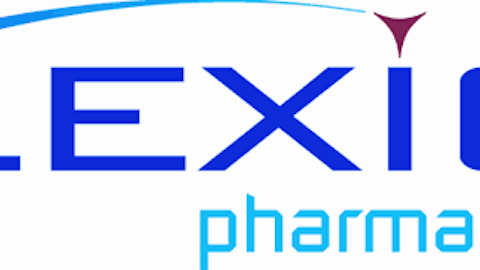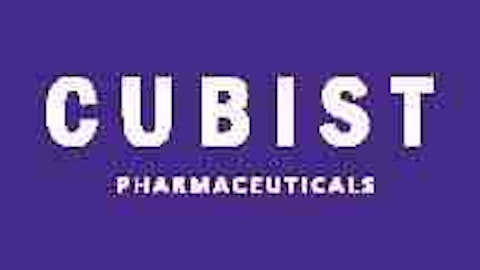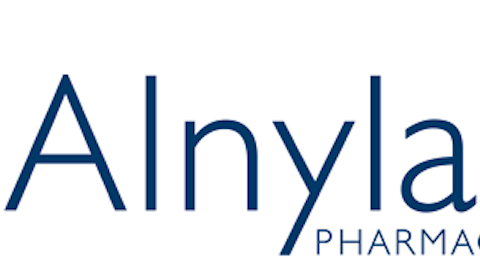Alexion Pharmaceuticals, Inc. (NASDAQ:ALXN), already quite expensive, spiked higher since takeover rumors surfaced in early July. But can a deal give the stock another boost? I’m doubtful. Even if there is a buyout, which is not a certainty, I think it’s probable that the company won’t command a much higher valuation than the current price. Saying that, there are also very good reasons I could be wrong and the chances for a strong bid are real. Why the contradictory assessment? Here are the reasons:
Questions about what an acquirer would be getting

Though the drug is extremely lucrative, there are questions related to its European patent, which expires in May 2015. Not a significantly long life for an acquirer. The patent is also being challenged by large pharma-company Novartis. Since Alexion Pharmaceuticals, Inc. (NASDAQ:ALXN) relies on Europe for a large percentage of the drug’s sales, over 36% in 2012, any adverse ruling would seem to weaken the company’s position in a critical market. Especially as increased attention already looks to be directed at the C5 therapeutic mechanism.
Both Novartis and Opthotech, a privately held biotech firm, are looking at C5 and though their attention is toward eye-related issues, the increased research may aid developments closer to Alexion Pharmaceuticals, Inc. (NASDAQ:ALXN)’s purview. On the other hand, Alnylam Pharmaceuticals, Inc. (NASDAQ:ALNY), a cutting-edge RNAi therapeutics biotech company, recently announced pre-clinical data for a developmental C5 targeting drug called ALN-CC5, which specifically addresses PNH and aHUS related issues.
Analysts believe that this firm also has an exciting pipeline beyond ALN-CC5. One that looks to address dangerous excessive protein related diseases and rare bleeding disorders like hemophilia that may justify the company’s $3 billion market cap. The possibility of a buyout and Novartis’ 6.5% stake has also given Alnylam Pharmaceuticals, Inc. (NASDAQ:ALNY) shares a boost.
There might also be questions as to Alexion Pharmaceuticals, Inc. (NASDAQ:ALXN)’s overall research & development capability given an unsettling history of legal settlements related to the development of Soliris. In 2008, the company settled with the Oklahoma Medical Research Foundation to acquire all rights to certain patents related to complement-inhibition technology, which had been used for the development of Soliris. In 2009, they settled with PDL BioPharma to resolve a legal dispute relating to Soliris and PDL’s Queen et al patents. In October 2012, Alexion reportedly reached a settlement and non-exclusive license agreement with a non-disclosed third party where the company issued an upfront payment and agreed to pay royalties on sales of Soliris.
Of course, patent issues and legal wrangling aren’t unusual in the pharmaceutical industry but they might get a closer look in light of the firm’s premium valuation.
Questions about what the acquirer would be paying
There is little doubt that Alexion is already optimistically priced. Based on expected peak sales of as high as $6 billion, near quadruple the current run rate, its market cap is around 3.8 times those revenues. As a general rule of thumb, 3 to 4 times is often considered generous.
Onyx Pharmaceuticals, Inc. (NASDAQ:ONXX) is a good comparison. The company has an attractive product portfolio with drugs Nexavar and Stivarga on the market and Kyprolis, a highly regarded cancer drug, in development. Onyx Pharmaceuticals, Inc. (NASDAQ:ONXX) also has a respected pipeline including palbociclib, with partner Pfizer, and anti-tumor drug oprozomib. All considered, the company is thought to have peak sales in the $4 billion area. Its shares now trade at a generally reasonable 2.5 times peak sales. If they get to a $150 a share, a 25% premium to Amgen’s reported initial takeover offer; it would trade at only 2.8 times.


